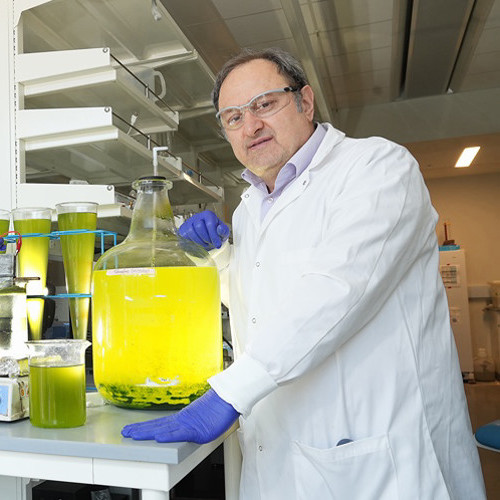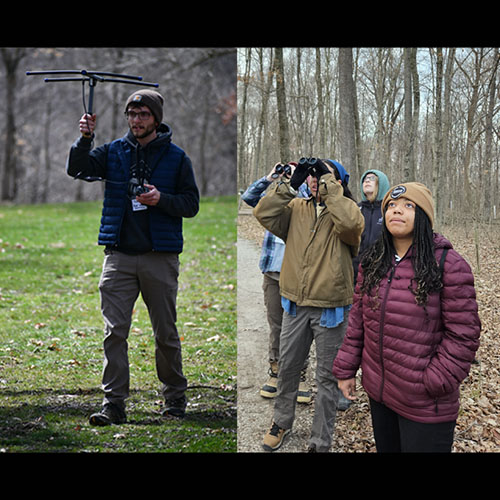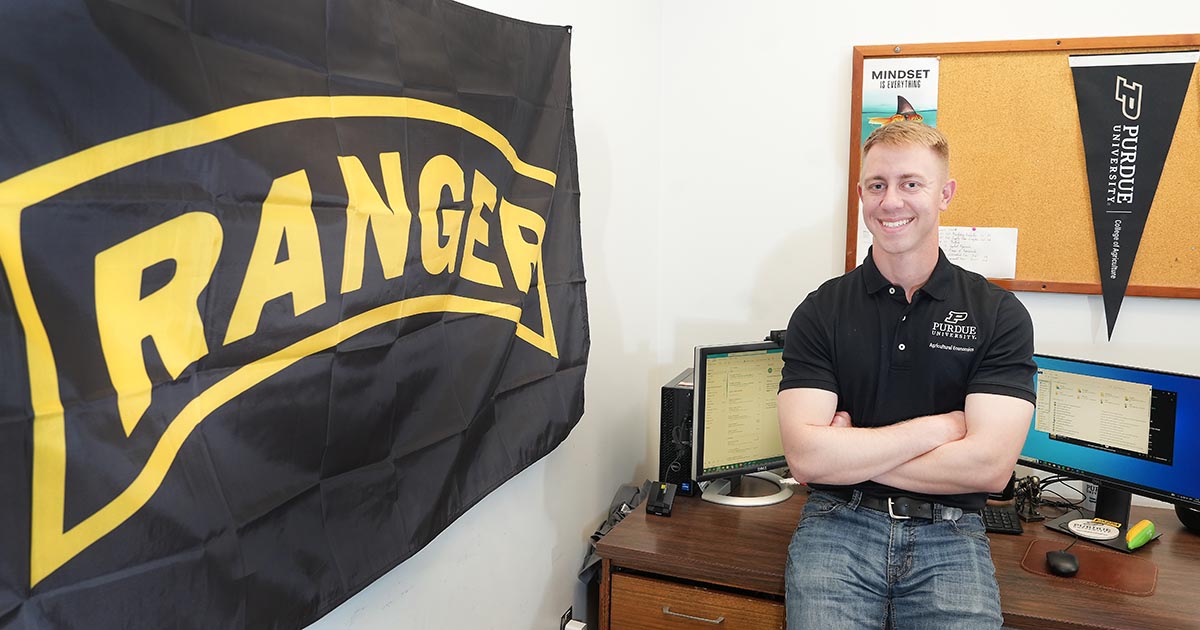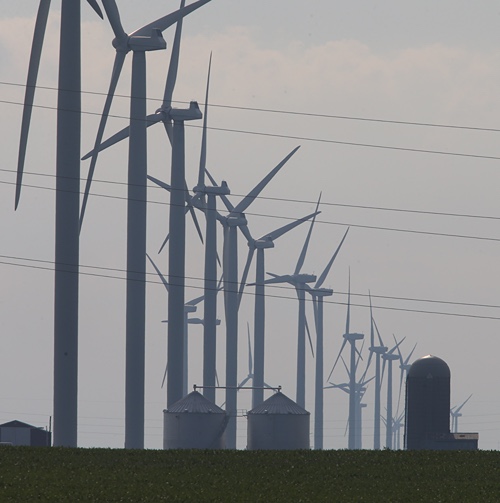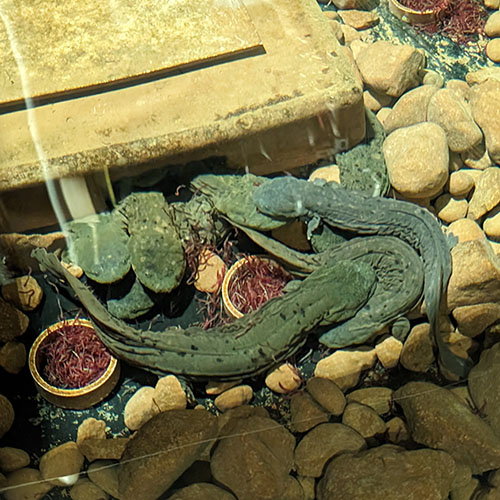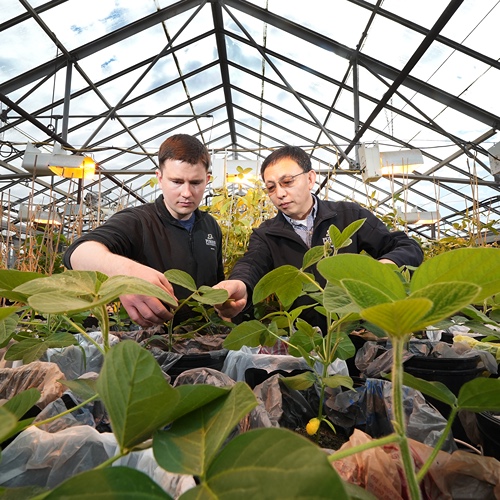Jason and Rachel Kidwell operate Lewis Organics, a USDA-certified organic hemp farm. Lewis Organics, which is based in Indiana, focuses on breeding hemp to preserve some of its natural genetic variations.
Kidwell became interested in hemp production at a young age. “It was a family thing,” Kidwell explained. In 2014, some of his family members moved to Colorado to get involved in the hemp industry there. At the time, Kidwell was not ready to uproot his family and make the move, but when the opportunity came to Indiana, he jumped at the chance.
“We didn’t hesitate; we got right in,” Kidwell said. “I felt that the cannabis plant always had something to offer medically, and we wanted to be a part of that.”
Kidwell’s mission is to find varieties of hemp with a natural resistance to pests and disease. “My interest is taking apart what has been done in breeding to find the more natural way the plant should have looked,” Kidwell said. “In hemp’s non-hybridized state is where I’m seeing more powdery mildew resistance.”
Lewis Organics’ prime directive is to produce and preserve niche, genetically diverse varieties, especially varieties resistant to pests and disease. “The genetics we’re searching for nobody else has an interest in right now,” Kidwell said. “We’re hoping that the things we’re doing will prove later. We know that is what’s needed, even though it’s not marketable right now.”
With his time in the industry, Kidwell has learned a lot about what it takes to succeed in the hemp industry. First, Kidwell cautions that it can be a difficult industry to break into, so it is important to build a reputation as a grower. He also wants growers to understand that hemp may carry stigmas with it that can be overcome by educating others about the plant.

